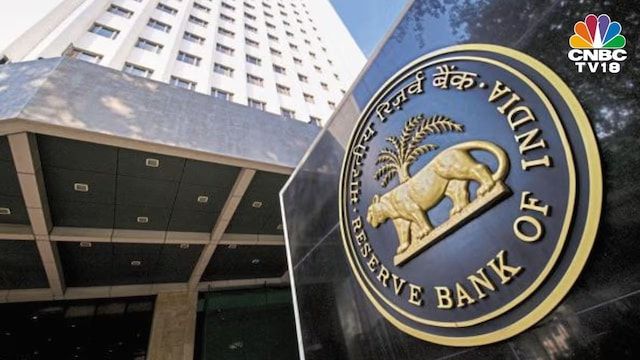India to Strengthen Foreign Exchange Regulations Amidst Rising Scrutiny

MUMBAI, INDIAN CAPITAL TERRITORY, INDIA - SEPTEMBER 12, 2023: The Indian government is set to enhance its foreign exchange regulations in a move aimed at strengthening the country's financial system and ensuring accountability. In an effort to curb exploitation of loopholes and bring clarity to its foreign exchange policies, the government plans to tighten its oversight on transactions involving trusts, offshore investments, and round-trip transactions.
According to sources, the Enforcement Directorate (ED) will increase monitoring on Indian exchange control violations by 2025. The focus will be on export-import manipulations, breach of Liberalized Remittance Scheme (LRS), land ownership violations, foreign direct investment norms, misuse of External Commercial Borrowings (ECB), and unauthorised overseas fund transfers.
The updated regulations also aim to curb the "trust but verify" approach by encouraging a shift towards substance-based compliance. Businesses and individuals are advised to focus on transparency and robust governance, with strong internal auditing and oversight mechanisms in place.
Banks and regulators will closely scrutinize cases where interpretations of the Foreign Exchange Management Act (FEMA) are being used to leverage trust structures for transfer of earnings to non-resident beneficiaries, exceeding allowable limits. These measures aim to prevent abuses and promote responsible growth while maintaining accountability and public trust.
In a bid to stay ahead in this dynamically regulated environment, businesses and individuals must align their operations with enhanced regulatory expectations. This includes regular audits, experts' opinions on technical matters, and transparent documentation.
A recent announcement highlights the gravity of these concerns, underscoring the government's commitment to ensuring the integrity of India's financial system. To navigate this complex landscape effectively, proactive investment in compliance programs is essential.
